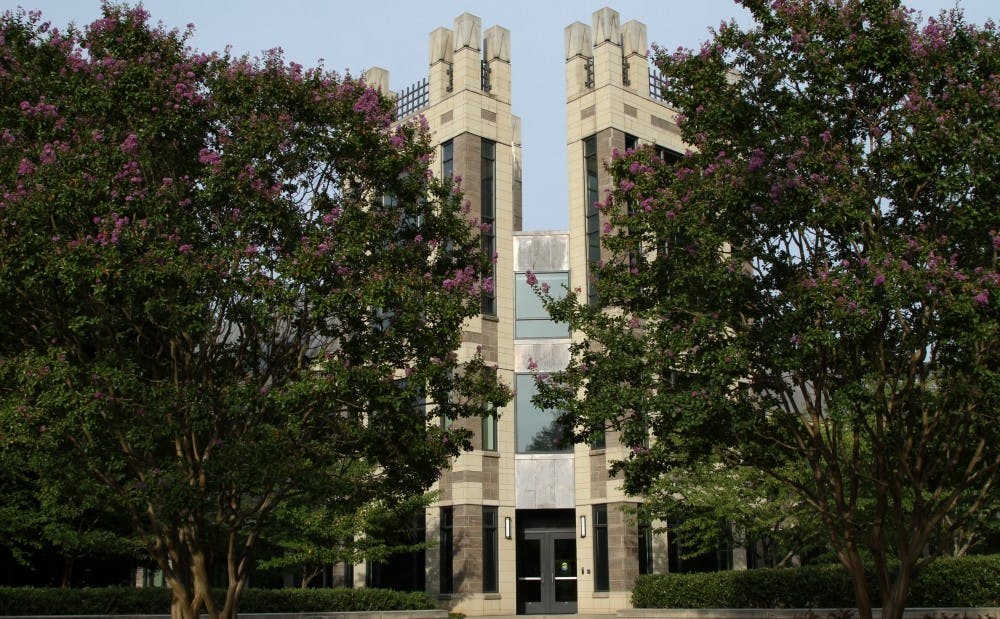A new center at the Sanford School of Public Policy aims to spark more collaboration among researchers in order to create new and better global food policy solutions.
The World Food Policy Center will serve as a bridge between scientists and food policy experts to share information and coordinate efforts to address issues like food insecurity and obesity. The Sanford School has been planning for the launch of the new initiative—which has received $5.9 million in grants—since 2015.
“The center has been a long-time coming, especially with respect to its coordination opportunities,” said Kelly Brownell, dean of the Sanford School. Brownell will step down from his post after the 2017-2018 academic year to focus on running the new center.
He noted that the center’s efforts will be unique because there has traditionally been little collaboration across food research areas such as malnutrition, food safety and chronic diseases. Brownell developed the idea for the center after noticing that obesity researchers were not working with other food experts who had helpful information for addressing obesity.
That lack of cooperation has limited the development and effectiveness of new efforts to tackle issues like hunger and poor eating-habits, said Sarah Zoubek, associate director of the World Food Policy Center.
“The arena is very siloed,” Zoubek said. “There’s a number of groups doing great work, but because they’re not working with one another, there’s a lot of short-sighted polices that get developed—or policies that aren’t really addressing root issues."
Brownell added that most food policy experts currently rely on simple email list-serves to connect with other researchers. The World Food Policy Center will create an online network for scientists and experts who focus on different areas of food research.
Researchers will be able to access the digital network to post questions about policies aimed at tackling certain global food issues, Brownell explained. They could then convene online conferences of experts and policymakers from around the world to discuss ways of improving policies and developing new solutions.
“That could be a way of sharing relevant information that takes us way, way beyond where we are today,” Brownell said.
In addition to the digital network, the initiative seeks to make Durham a “model food systems city.” The center will review Durham’s policies around food access and waste. It will then work with the city to meet certain goals like ending childhood hunger or increasing lower-income residents' access to organic foods.
The opening of the new center comes as more universities focus on how to feed the growing global population. The world population is predicted to exceed nine billion by 2050, which will put additional strains on food production. Brownell said the center will collaborate closely with N.C. State’s School of Agriculture and the School of Public Health at the University of North Carolina-Chapel Hill.
The center will also offer Duke students more classes on food policy. Students at the Sanford School will be able to work with researchers on studying and developing new food policy solutions, Brownell said.
“We already have a number of students working with us. We expect that capacity to go way up,” he said.
Get The Chronicle straight to your inbox
Signup for our weekly newsletter. Cancel at any time.

